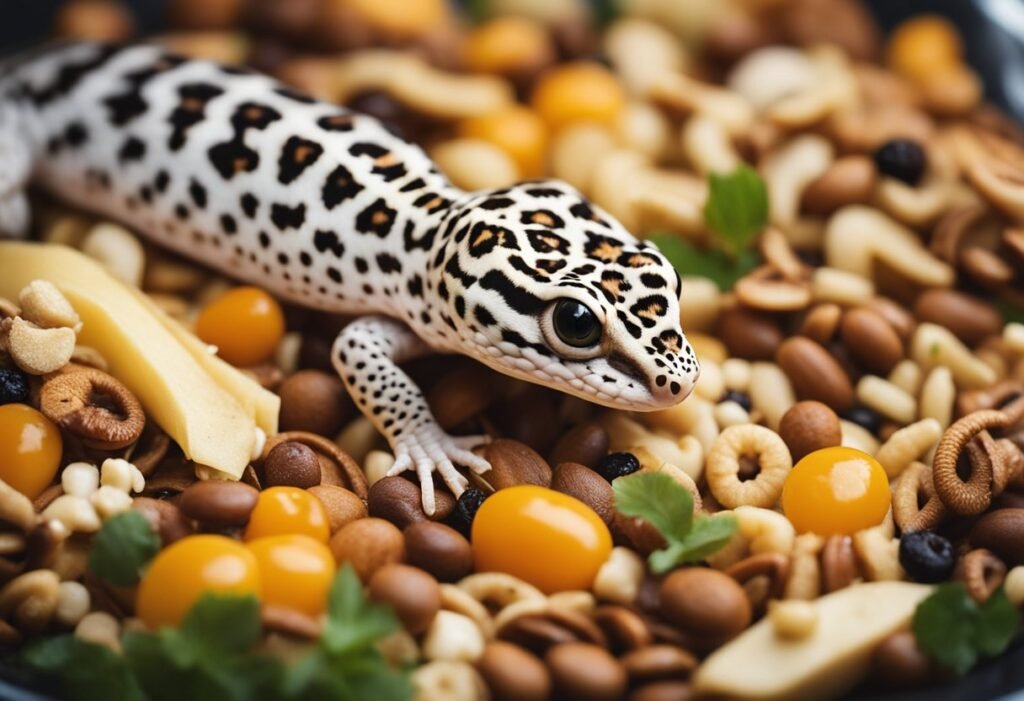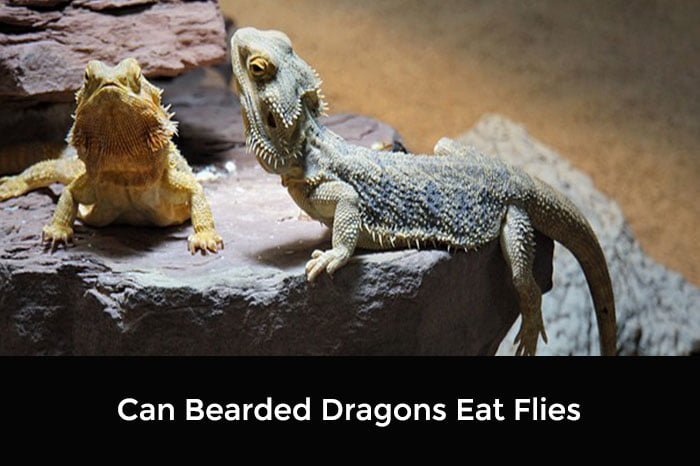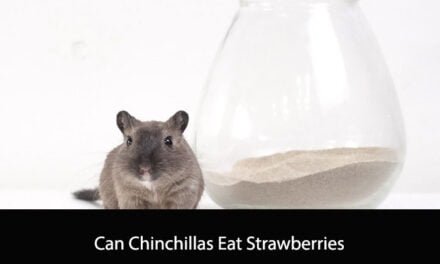Leopard geckos are a popular pet choice for reptile enthusiasts due to their docile nature and ease of care. However, it is important for owners to understand the dietary requirements of their geckos to ensure their health and well-being. While leopard geckos are known for their voracious appetite, it is possible for them to eat too much.
Overfeeding can lead to obesity, which can have serious health consequences for leopard geckos. Obesity can cause respiratory problems, fatty liver disease, and even shorten their lifespan. It is important for owners to monitor their gecko’s weight and adjust their feeding schedule accordingly.
In addition to health concerns, overfeeding can also lead to digestive issues for leopard geckos. Consuming too much food at once can cause impaction, where undigested food becomes stuck in the digestive tract and can lead to blockages. This can be a serious and potentially fatal condition, so it is crucial for owners to be mindful of their gecko’s feeding habits.
Can Leopard Geckos Eat Too Much

Leopard geckos are known for their hearty appetite and can eat a variety of insects, such as crickets, mealworms, and waxworms. However, it is important to monitor their food intake to ensure they do not overeat.
Overfeeding can lead to obesity, which can cause health problems such as difficulty moving, respiratory issues, and a shorter lifespan. In addition, overfeeding can cause impaction, a condition where the gecko’s digestive tract becomes blocked by undigested food or substrate.
To prevent overfeeding, it is recommended to feed adult leopard geckos every other day and provide 2-3 appropriately sized insects per feeding. Juvenile leopard geckos should be fed daily but with smaller portions. It is also important to provide a balanced diet that includes a variety of insects and occasional vegetables.
In addition, it is important to provide a proper habitat with appropriate temperatures and humidity levels to ensure proper digestion and overall health. A healthy leopard gecko can live up to 20 years in captivity, so proper feeding and care is crucial for their longevity.
Leopard Gecko Dietary Basics
Leopard geckos are insectivores, which means they primarily eat insects. In captivity, they are commonly fed mealworms, crickets, and other insects. However, it is important to ensure that their diet is balanced and meets their nutritional needs.
Nutritional Requirements
Leopard geckos require a diet that is high in protein and low in fat. They also need calcium and vitamin D3 to maintain healthy bones. It is recommended to feed them a variety of insects to ensure they receive a balanced diet.
It is important to gut load the insects before feeding them to the gecko. This means feeding the insects a nutritious diet before feeding them to the gecko. This ensures that the gecko receives the necessary nutrients from the insects.
Risks of Overfeeding
Leopard geckos can become obese if they are overfed. This can lead to health problems such as fatty liver disease and metabolic bone disease. It is important to monitor their weight and adjust their diet accordingly.
Overfeeding can also lead to impaction, which is when the gecko’s digestive tract becomes blocked. This can be caused by feeding them insects that are too large or feeding them too frequently.
In conclusion, it is important to provide a balanced diet for leopard geckos that meets their nutritional needs. Overfeeding can lead to health problems, so it is important to monitor their weight and adjust their diet accordingly.
Signs of Overconsumption

Leopard geckos are known to be voracious eaters, but overfeeding them can lead to health problems. Here are some signs to look out for if you suspect your leopard gecko may be eating too much.
Physical Indicators
One of the most obvious signs of overconsumption in leopard geckos is weight gain. If your gecko is becoming noticeably heavier, it may be eating too much. Additionally, if you notice that your gecko’s tail is becoming very thick, this could be a sign of excess fat storage.
Another physical indicator of overconsumption is regurgitation. If your gecko is eating too much, it may vomit up its food. This can be a serious problem, as it can lead to dehydration and malnutrition.
Behavioral Changes
In addition to physical indicators, there are also behavioral changes that can indicate overconsumption. One common sign is lethargy. If your gecko is eating too much, it may become sluggish and less active than usual.
Another behavioral change to look out for is a loss of appetite. This may seem counterintuitive, but if your gecko is overeating, it may actually lose interest in food. This can be a sign that its digestive system is overloaded and needs a break.
Overall, it’s important to monitor your leopard gecko’s eating habits and adjust their diet as needed. If you notice any of these signs of overconsumption, it’s best to consult with a veterinarian who specializes in reptiles.
Proper Feeding Practices
Feeding Schedule
Leopard geckos should be fed regularly, but not excessively. A good feeding schedule for an adult leopard gecko is every other day. Juvenile leopard geckos should be fed every day. It is important to note that leopard geckos do not need to eat every day, and overfeeding can lead to obesity and other health problems.
Portion Control
When feeding leopard geckos, it is important to provide the correct portion size. The amount of food a leopard gecko needs will depend on its size and age. A good rule of thumb is to feed a leopard gecko an amount of food that is roughly the same size as its head.
It is also important to vary the diet of leopard geckos to ensure they are getting all the nutrients they need. A diet of only one type of food can lead to nutritional deficiencies. A varied diet can include crickets, mealworms, waxworms, and other insects.
Leopard geckos should also have access to fresh water at all times. The water should be changed daily to ensure it is clean and free of bacteria.
Overall, proper feeding practices are essential to the health and well-being of leopard geckos. By following a regular feeding schedule and providing the correct portion sizes and a varied diet, leopard geckos can live long, healthy lives.
Health Implications of Excessive Eating
Leopard geckos are known for their hearty appetite, but overfeeding can lead to several health issues. In this section, we will discuss the potential consequences of excessive eating in leopard geckos.
Obesity
Overfeeding can cause leopard geckos to become overweight, which can lead to a range of health problems. Obese leopard geckos may have difficulty moving around and may become lethargic. They may also be more prone to illnesses such as respiratory infections and metabolic bone disease.
To prevent obesity, it is important to feed leopard geckos the appropriate amount of food. Adult leopard geckos should be fed 2-3 appropriately sized insects every other day. Juvenile leopard geckos may require more frequent feedings, but it is important to monitor their weight and adjust their diet accordingly.
Digestive Issues
Feeding leopard geckos too much or too often can also cause digestive problems. Overeating can lead to impaction, a condition where the digestive tract becomes blocked by undigested food. Symptoms of impaction include lethargy, loss of appetite, and difficulty passing stool.
To prevent digestive issues, it is important to feed leopard geckos appropriately sized prey and to provide a shallow dish of water for them to drink from. It is also important to ensure that the temperature and humidity levels in their enclosure are appropriate, as these factors can affect digestion.
In conclusion, while leopard geckos have a healthy appetite, it is important to feed them appropriately to prevent health issues such as obesity and digestive problems. By monitoring their diet and providing a suitable environment, leopard gecko owners can ensure their pets remain healthy and happy.
Intervention Strategies
Diet Adjustment
If a leopard gecko is eating too much, the first intervention strategy should be a diet adjustment. The owner should review the gecko’s diet and make sure it is balanced and appropriate. The gecko’s diet should consist of live insects, such as crickets or mealworms, and occasional treats such as waxworms or superworms. The owner should also ensure that the insects are gut-loaded and dusted with calcium and vitamin D3 supplements.
If the gecko is overweight, the owner should reduce the amount and frequency of feedings. The owner should also consider reducing the size of the insects or switching to a lower calorie insect such as silkworms. It is important to note that the gecko should never be completely deprived of food, as this can lead to health problems.
Veterinary Care
If the diet adjustment does not result in weight loss, the owner should seek veterinary care. The veterinarian will perform a physical exam and may recommend blood work or other diagnostic tests. The veterinarian may also recommend a specific diet or feeding schedule for the gecko.
If the gecko is suffering from health problems related to overeating, the veterinarian may recommend medication or surgery. In extreme cases, the gecko may need to be hospitalized for monitoring and treatment.
Overall, intervention strategies for leopard geckos that are eating too much should focus on diet adjustment and veterinary care. By working with a veterinarian and making appropriate changes to the gecko’s diet, owners can help their geckos maintain a healthy weight and avoid health problems.
Preventing Overeating
Leopard geckos are known for their voracious appetites, but overeating can lead to health problems. Fortunately, there are steps that can be taken to prevent overeating and ensure that your gecko stays healthy.
Habitat Enrichment
One way to prevent overeating is to provide your leopard gecko with an enriched habitat. This means providing a variety of hiding places, climbing structures, and other items that will encourage natural behaviors. When a gecko is engaged in these activities, it is less likely to overeat out of boredom or stress.
Dietary Variety
Another way to prevent overeating is to provide your leopard gecko with a varied diet. While mealworms are a staple of most gecko diets, they should not be the only food offered. Providing a variety of insects, such as crickets, dubia roaches, and waxworms, can help ensure that your gecko is getting all the nutrients it needs without overeating. It is also important to offer fresh vegetables, such as kale and carrots, as a source of fiber and additional nutrients.
By providing an enriched habitat and a varied diet, leopard gecko owners can help prevent overeating and ensure that their geckos stay healthy.
Frequently Asked Questions
How much food is too much for a leopard gecko?
Leopard geckos are known to have a hearty appetite, but overfeeding them can lead to health problems. Generally, a leopard gecko should be fed 2-3 appropriately sized insects per day. It is important to avoid overfeeding them as it can lead to obesity, impaction, and other health issues.
How often should a leopard gecko eat?
Leopard geckos should be fed once a day, preferably in the evening or at night. It is important to establish a feeding routine and stick to it. Overfeeding or irregular feeding schedules can lead to health problems.
What are the dietary risks of overfeeding a leopard gecko?
Overfeeding a leopard gecko can lead to obesity, impaction, and other health issues. Obesity can cause difficulty in movement, breathing problems, and other health complications. Impaction occurs when the gecko ingests substrate or other indigestible materials, leading to blockages in the digestive tract.
What signs indicate that a leopard gecko is overfed?
Signs of an overfed leopard gecko include obesity, lethargy, difficulty moving, and breathing problems. If you notice any of these signs, it is important to adjust their diet and consult a veterinarian if necessary.
How can I regulate my leopard gecko’s diet?
To regulate a leopard gecko’s diet, it is important to establish a feeding routine and stick to it. Feed them an appropriate amount of food once a day, preferably in the evening or at night. Avoid overfeeding and providing too many treats.
What should I do if my leopard gecko won’t stop eating?
If your leopard gecko won’t stop eating, it is important to adjust their diet and feeding schedule. Consider feeding them smaller portions or decreasing the frequency of their meals. If the problem persists, consult a veterinarian for further advice.





